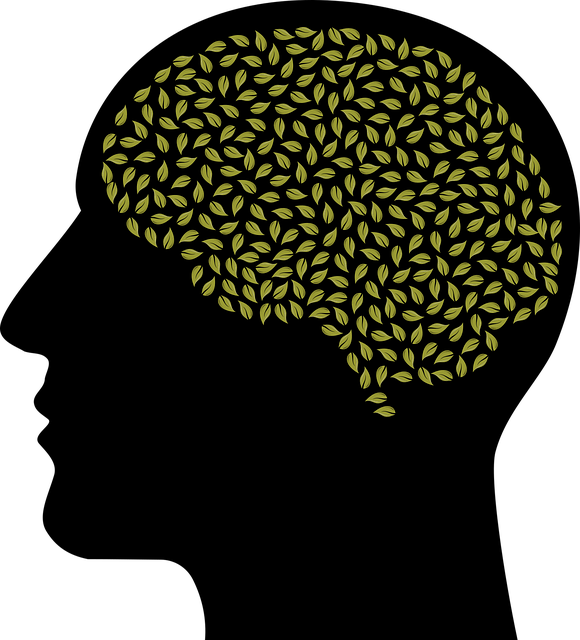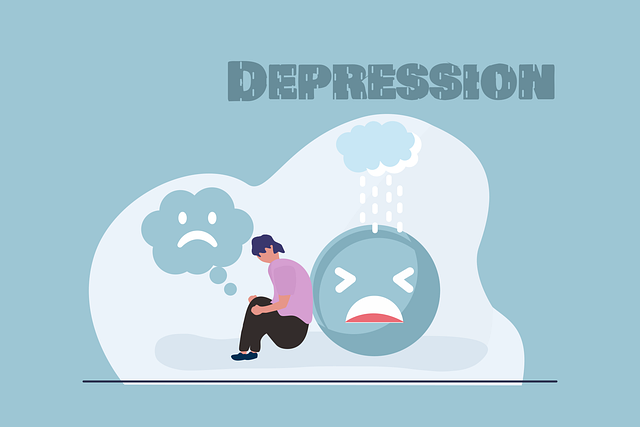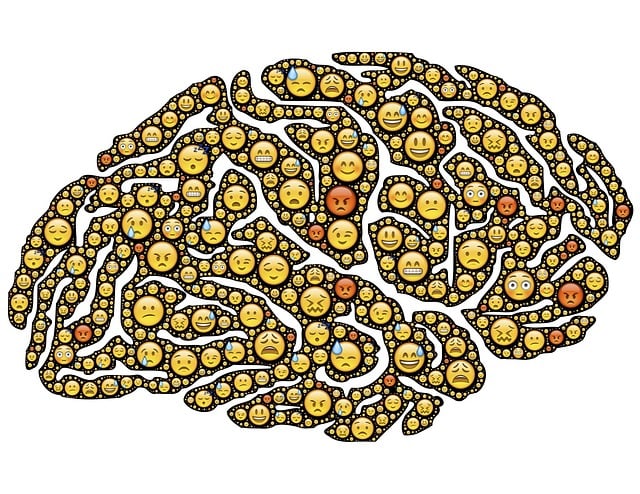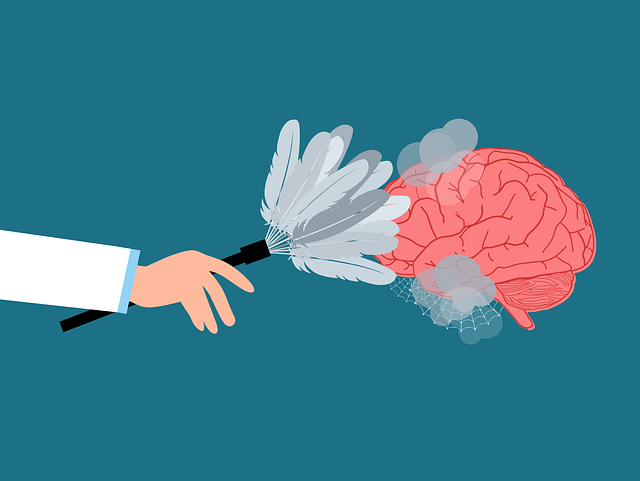Substance abuse among young children is a growing concern due to the long-term effects of early exposure to addictive substances. Effective risk reduction requires addressing co-occurring disorders like ADHD through comprehensive evaluations and evidence-based therapies, including mindfulness meditation. Early intervention using ADD-ADHD evaluations is vital, enabling healthcare providers to identify and treat underlying conditions, thereby reducing the likelihood of future substance misuse. Therapeutic interventions such as cognitive-behavioral therapy (CBT) and personalized treatment plans for ADD/ADHD are powerful tools in prevention. Mindfulness meditation, integrated into therapy, enhances self-awareness and coping mechanisms, leading to more lasting recovery outcomes for young children with ADD-ADHD.
Substance abuse among young children is a growing concern, with early exposure posing significant risks to their development. This article explores comprehensive risk reduction strategies to mitigate these dangers. We delve into understanding the unique risks faced by young children and the critical role of early intervention through ADD-ADHD evaluations. Additionally, we examine therapeutic approaches and supportive strategies for long-term recovery, emphasizing the importance of tailored care for this vulnerable population. By combining evidence-based practices, we aim to empower parents, caregivers, and professionals in navigating these challenges effectively.
- Understanding Substance Abuse Risks in Young Children
- Early Intervention: The Power of ADD-ADHD Evaluations
- Therapeutic Approaches for Risk Reduction
- Supportive Strategies for Long-Term Recovery
Understanding Substance Abuse Risks in Young Children

Substance abuse risks among young children are a growing concern, as early exposure to addictive substances can have long-lasting detrimental effects on their development. Understanding the underlying factors contributing to this issue is paramount in devising effective risk reduction strategies. One of the primary considerations is identifying and addressing co-occurring disorders, such as Attention Deficit Hyperactivity Disorder (ADHD), which are often comorbid with substance abuse. Early intervention through comprehensive evaluations and therapy for young children can significantly mitigate these risks.
Therapy plays a pivotal role in the emotional healing processes of young individuals who have experimented with or become dependent on substances. Crisis intervention guidance, including mindfulness meditation techniques, can help youngsters manage stress, emotions, and triggers that might lead to substance abuse. By incorporating evidence-based practices into their therapeutic approaches, professionals can guide young children toward healthier coping mechanisms, thereby reducing the likelihood of future substance misuse.
Early Intervention: The Power of ADD-ADHD Evaluations

Early Intervention plays a pivotal role in mitigating risks associated with substance abuse, especially among younger populations. ADD-ADHD evaluations act as a powerful tool to identify children struggling with attention-deficit/hyperactivity disorder (ADHD) at an early stage. This proactive approach allows for the timely implementation of therapy for young children and empathy building strategies. By addressing underlying conditions like ADHD, professionals can help youngsters develop essential inner strength and coping mechanisms. These evaluations guide parents and caregivers towards tailored interventions, ensuring that potential risk factors are mitigated before they escalate into more severe issues, including substance abuse.
Through comprehensive assessments, healthcare providers can pinpoint specific challenges faced by these young individuals. This knowledge enables the design of personalized support systems focused on anxiety relief and emotional well-being. Early identification fosters a supportive environment where children receive the necessary tools to navigate their unique experiences, thereby reducing the likelihood of turning to substances for coping in later years.
Therapeutic Approaches for Risk Reduction

Therapeutic approaches play a pivotal role in risk reduction strategies for substance abuse, especially among young children. Early intervention through specialized therapy sessions can significantly mitigate potential risks and underlying factors contributing to substance misuse. One such effective method is cognitive-behavioral therapy (CBT), which focuses on identifying and modifying negative thought patterns and behaviors associated with substance abuse. By teaching children coping mechanisms for stress management and anxiety relief, CBT empowers them to make healthier choices.
For young individuals diagnosed with Attention Deficit Hyperactivity Disorder (ADHD), tailored interventions are essential. ADD-ADHD evaluations help identify specific challenges and guide therapists in designing personalized treatment plans. These therapies often incorporate emotional healing processes, teaching children to regulate their emotions and understand the connection between their feelings and potential substance abuse triggers. Such approaches foster self-awareness and promote healthy ways to cope with stress, anxiety, or other challenging emotions.
Supportive Strategies for Long-Term Recovery

Supportive strategies play a pivotal role in fostering long-term recovery from substance abuse, especially for young children grappling with ADD/ADHD. Beyond traditional therapy approaches, incorporating mindfulness meditation into treatment plans has shown promising results. This ancient practice enhances self-awareness, helping individuals recognize and manage triggers effectively. By teaching them to stay present and focused, mindfulness meditation reduces the urge to resort to substances as a coping mechanism.
Moreover, integrating mental health policy analysis and advocacy into recovery programs empowers patients. Understanding the systems that influence their well-being fosters a sense of agency. Self-awareness exercises, when combined with evidence-based therapies, further strengthen this process. These practices encourage individuals to explore underlying emotional and psychological factors contributing to substance abuse, ultimately leading to more sustainable recovery.
Substance abuse among young children is a complex issue, but with comprehensive risk reduction strategies, it’s manageable. By combining early intervention through ADD-ADHD evaluations, evidence-based therapeutic approaches, and supportive long-term recovery plans, we can mitigate risks effectively. These strategies not only empower children but also foster a healthier, safer environment for their development. For parents and caregivers, staying informed and proactive is key; seeking therapy for young children with ADD-ADHD evaluations can be a game-changer in preventing and addressing substance abuse.














